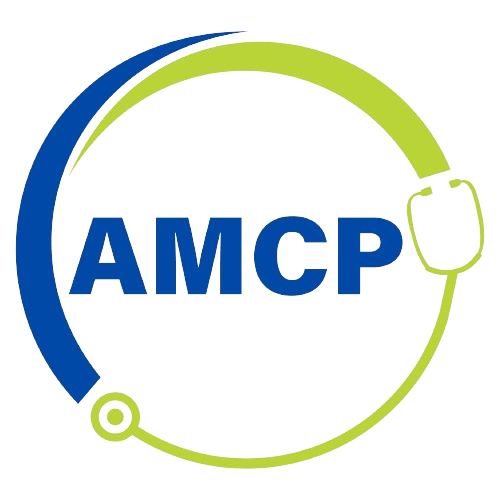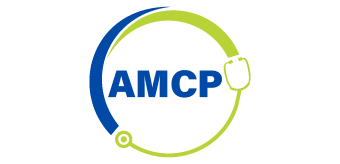
Preparing for the Australian Medical Council (AMC) exams can be a challenging journey for medical professionals seeking registration in Australia. Success in these exams is crucial for advancing your career in the Australian healthcare system. To ensure you’re fully equipped for success, here’s a comprehensive guide outlining the dos and don’ts of preparing for the AMC exams.
Dos:
1. Understand the Exam Structure: Familiarize yourself with the structure and format of the exam. The AMC exams consist of multiple-choice questions (MCQs) and clinical examinations. Understanding the exam pattern will help you tailor your preparation strategy accordingly.
2. Use Reliable Study Materials: Invest in high-quality study materials that cover all the relevant topics tested in the exams. Utilize textbooks, online resources, and question banks recommended by reputable sources or former exam takers.
3. Practice Regularly: Consistent practice is key to mastering the AMC exams. Dedicate ample time each day to solving practice questions and simulated exams. This will help you improve your time management skills and reinforce your understanding of the exam content.
4. Seek Guidance: Don’t hesitate to seek guidance from experienced professionals or mentors who have successfully cleared the AMC exams. They can provide valuable insights, study tips, and strategies to enhance your preparation and boost your confidence.
5. Stay Updated: Keep yourself updated with the latest medical guidelines, research findings, and developments in the healthcare field. The AMC exams often include questions based on current medical practices, so staying informed is essential.
6. Take Care of Yourself: Remember to prioritize self-care during your exam preparation. Maintain a healthy lifestyle, get enough sleep, and take regular breaks to prevent burnout and maintain optimal cognitive function.
7. Simulate Exam Conditions: Practice under simulated exam conditions to familiarize yourself with the exam environment and time constraints. This will help alleviate test anxiety and improve your performance on the actual exam day.
Don'ts:
1. Procrastinate: Avoid procrastinating or leaving your preparation until the last minute. Start studying well in advance to cover all the necessary topics thoroughly and avoid unnecessary stress.
2. Rely Solely on Memorization: While memorization is essential for certain aspects of the exam, don’t rely solely on rote learning. Focus on understanding the underlying concepts and principles to tackle complex questions effectively.
3. Ignore Weak Areas: Identify your weak areas early on and allocate extra time to strengthen them. Ignoring your weaknesses can jeopardize your overall performance in the exams.
4. Overwhelm Yourself: Don’t overwhelm yourself by trying to cover too much material in a short period. Break down your study plan into manageable tasks and prioritize topics based on their importance and your level of proficiency.
5. Neglect Practice Exams: Practice exams are invaluable tools for assessing your progress and identifying areas for improvement. Don’t neglect them in your preparation strategy, as they simulate the actual exam experience and help build your confidence.
6. Disregard Exam Instructions: Pay close attention to the exam instructions and guidelines provided by the AMC. Ignoring or misunderstanding these instructions can result in unnecessary mistakes during the exam.
7. Underestimate the Importance of Revision: Revision plays a crucial role in consolidating your knowledge and reinforcing key concepts. Allocate sufficient time for revision before the exam to ensure retention and comprehension of the material.
By following these dos and don’ts, you can streamline your preparation process and maximize your chances of success in the AMC exams. Remember to stay focused, stay disciplined, and believe in your abilities. With dedication and perseverance, you can conquer the AMC exams and embark on a rewarding career in the Australian healthcare system.


